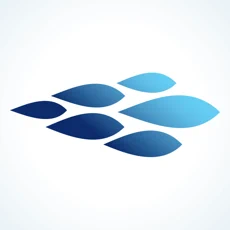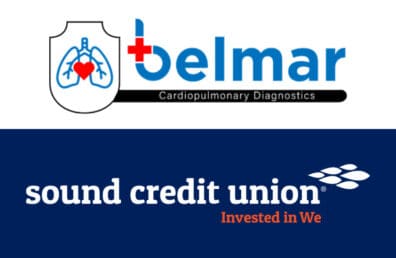Guide to the SBA’s General 7(a) Business Loan Program

Guide to the SBA’s General 7(a) Business Loan Program
The 7(a) loan is the most common of all the SBA’s loan programs as it can be used for a variety of business purposes, including short- and long-term working capital, purchasing real estate or machinery, business start-up and growth, and buying a business, to name just a few.
It’s because of its flexibility and wide range of business reasons that this loan is the most popular. A business can borrow up to $5 million and the SBA will guarantee up to 85% to the lender.
It’s important to remember that you’re not borrowing from the SBA itself. The funds are still coming from your financial institution, but the SBA will guarantee a certain amount of the loan to the lender.
Eligibility
The key factors are based on what your business does to make money, the character of the business ownership and where it’s located.
Although the SBA will look at each business on a case-by-case basis, and given that you still need to meet your financial institutions requirements for a SBA-guaranteed loan, there are some elements that are common for all applicants, and they include:
- The business must operate for profit.
- Be defined as ‘small’ by the SBA.
- Have reasonable equity invested.
- Have used alternatives to borrowing, such as personal assets.
- Demonstrated a legitimate need for the funds.
Reasons for the Loan
Short and long-term working capital needs are among the most common, including:
- Acquiring, refinancing, or improving real estate and buildings.
- Refinancing current business debt.
- Purchasing and installation of machinery and equipment, including AI-related expenses.
- Purchasing furniture, fixtures, and supplies.
- Changes of ownership (complete or partial).
The maximum loan amount for a 7(a) loan is $5 million. Key eligibility factors are based on what the business does to receive its income, its credit history, and where the business operates. Your lender will help you figure out which type of loan is best suited for your needs.
Because the SBA has specific purposes in mind, they also have some that mean you won’t qualify for the loan. For example, you won’t qualify if you’re planning to refinance the kind of debt that means the SBA would be in a position to take on that debt if you fail.
You also can’t use the funds to repay delinquent state or federal taxes – or any other kind of government debt for that matter.
Talk to us. As an approved SBA lender, we’ll explain what constitutes a sound business reason.
Ineligible businesses
There are certain kinds of businesses that the SBA views as ineligible for their 7(a) loan program. For instance, if you’re in the business of lending money yourself like a pawn shop then you won’t qualify for a SBA loan. The same is true if your business is focused on religion or politics, or if you as the owner are currently incarcerated, on parole or probation, or have been named as the defendant in criminal proceedings.
The SBA takes a very dim view of those with criminal histories, and anyone who’s habitually delinquent with debts or who’s been repeatedly turned down for loans in the past. If this sounds like you, your chances of obtaining an SBA loan are pretty slim.
The Application Process
There’s no getting around it – you need to be prepared for paperwork. Although the SBA is streamlining their application process, it can still take some time.
There’s a fair amount of documentation you’ll need to provide. In order to be as prepared as possible, the SBA have put together a checklist. It’s vital that you review this and gather all the documentation required, then go through the checklist with your bank to make sure you haven’t missed anything.
The documentation also includes several forms you’ll need to fill out. Mostly what they’re looking for are details around your personal background and financial statements. When it comes to the latter, it’s a good idea to fill those forms out with your bank manager or accountant.
Work with your lender to understand the process.
Repayment Terms
Depending on what the loan is for, there are some maximum maturities:
- Real estate – 25 years.
- Equipment – 10 years.
- Working capital – 7 years.
Like most bank loans, you make repayments on the principal and interest on a monthly basis. You may be able to negotiate interest-only terms during your business’s start-up and expansion phases.
The expectation is that every 7(a) loan is fully secured, but the SBA won’t necessarily turn you down if you don’t have enough collateral. If all other aspects of your application are in order, they’ll generally ask that you pledge all the collateral you have available.
Next Steps
The spectrum of what businesses are eligible and what they can use the loan for, is quite wide, which means that many small businesses qualify. It’s also why it’s the most commonly used loan program, and it functions very much along the same lines as a traditional loan.
If you’re looking for a loan to help you finance start-up or expansion, or you’re looking to increase your working capital, purchase real estate or equipment, then the 7(a) loan is your best bet. Confirm this with your lender and work with through your eligibility and the application process with them.
Contact Sound for help with your SBA loan.





